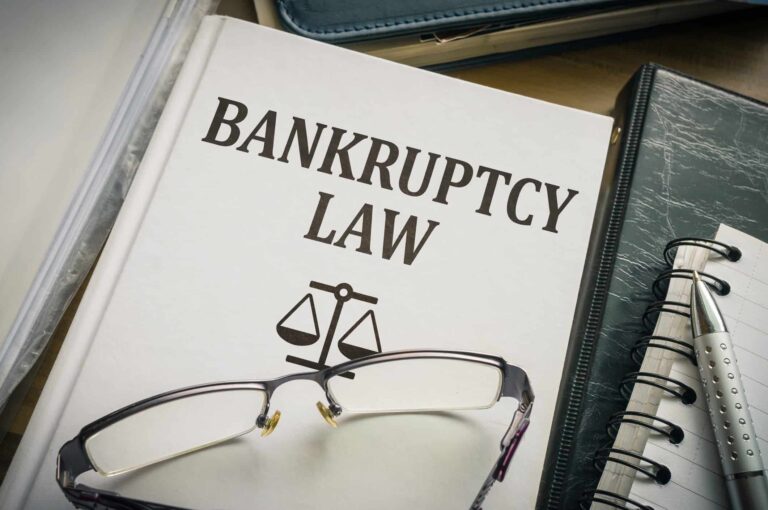Bankruptcy Unraveled: Understanding the Process and the Role of a Skilled Lawyer
The most anxiety-inducing part of bankruptcy for most people is the sheer unknown.
How do you file for bankruptcy?
What is bankruptcy?
How does the bankruptcy process work?
Do I need a bankruptcy lawyer?
Will bankruptcy fix all my debts?
The list could go on for days, but you get the point – there are a lot more questions than answers for most people dealing with bankruptcy for the first time.
In this article, we’ll take a closer look at the bankruptcy process and simplify it for you. We’ll also talk about the value of having a bankruptcy lawyer on your side throughout the process to make it a less stressful experience, too.
First up, what’s bankruptcy all about?
The Bankruptcy Process: A Breakdown
If you have reached a place financially where you feel bankruptcy might be your best (or only) option for getting out of debt, here’s what you need to do and what to expect along the way.
Step 1 – Read Up on Bankruptcy
You are here. The first thing you should do is take a quick look online to get a better idea of bankruptcy in your state, as well as the different types and how to choose a reputable attorney to assist you.
Step 2 – Hire a Bankruptcy Lawyer
Take advantage of the free consultation to meet with a few lawyers and find the one that fits your needs and personality best. This is someone you’ll be working closely with, so a good connection is as critical as their professional expertise. Bankruptcy attorneys are not all created equally. You’ll have to find one that’s licensed in your state and that has experience with the process. Ask friends and family for referrals if you like, as that’s a good way to get the best resources without doing endless hours of research.
Step 3 – File the Bankruptcy Petition
Next, your attorney will file the petition with the court to start the bankruptcy process. This will also include a stay for all creditors, meaning no one can try to collect from you during this time. The courts will need copies of your financial statements and records, as well as all of the debts that you want to be discharged.
Step 4 – Attend Credit Counseling or Debt Education Classes
While the bankruptcy is being processed, most states require people to attend credit counseling and debt education classes. This reduces the chances of future financial distress. Check with your lawyer to see which classes you need and which are approved in your state.
Step 5 –The Creditor’s Meeting
About a month or two after you file, there will be a creditor’s meeting that you may or may not attend with your attorney. This will finalize the process and you will receive a notice of discharge. Then, you’re ready to start fresh with your credit, but remember to give it some time and proceed with caution. As you can see, having a reputable bankruptcy lawyer on your side through this process can make it go much more smoothly.






